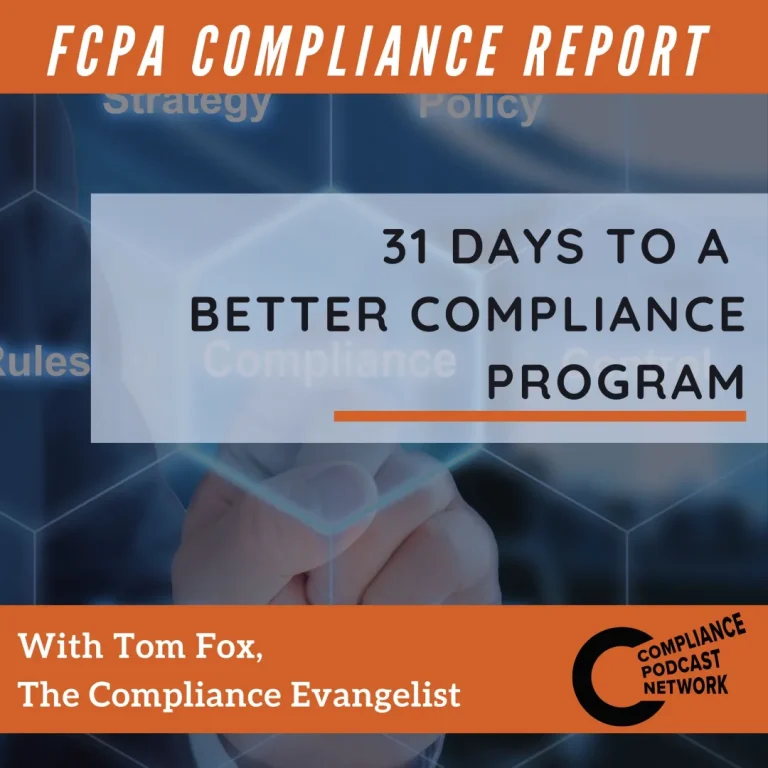Going into the 2020s and beyond, a corporate compliance function must be integral to your business strategy. One of the key reasons is that the ever-important debate of compliance as a cost center will become more critical in the future in this decade. If compliance programs are ineffective, enforcement actions will continue to be highly costly. Over the last 10 years, there has been an increasing impact on the business where you must have compliance resources focused on remediation and business resources. This has only grown greater with reputational risks amplified by social media.
This is because as significant (and costly) as these regulatory fines and penalties have been, it is the intangible reputational damage that, in the long run, maybe even more expensive. Multiple stakeholders who might not desire to play out on the risk curve might be at higher risk, located in higher jurisdictions, or operating in higher-risk industries. Further, there are other consequential impacts if compliance does not have a seat at the table. Suppose compliance has a seat at the table. In that case, there can be some leeway for compliance officers and firms to figure out how best to roll out a compliance program that is commensurate with the organization’s risk and compliant with the regulations. If compliance is relegated to the back of the (corporate) bus, there will be little chance to do so.
Three key takeaways:
- It will be even more important for compliance to sit at the table in the future.
- Look for synergies with other types of compliance.
- Such synergies can be a big cost savings.
For more information, check out The Compliance Handbook, 4th edition, here.






